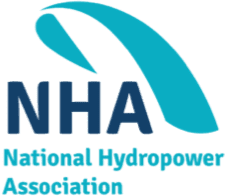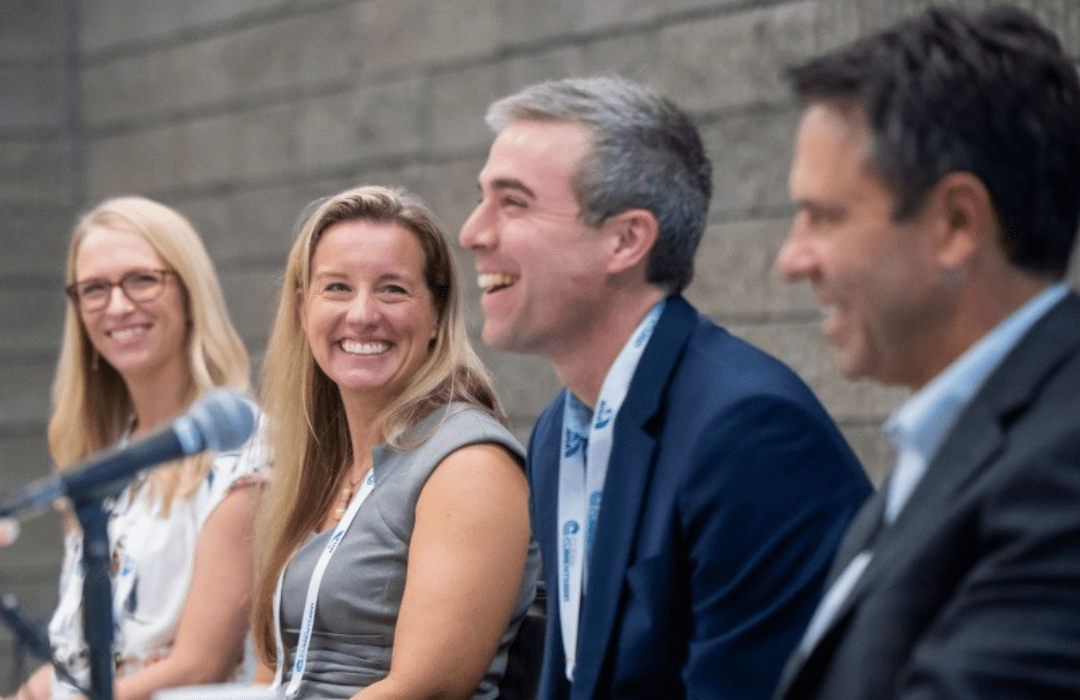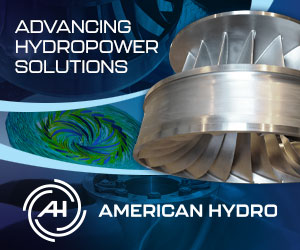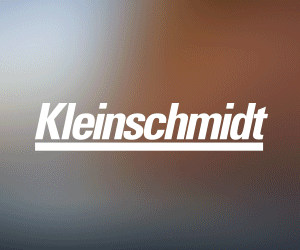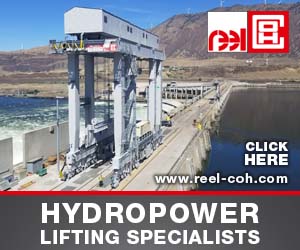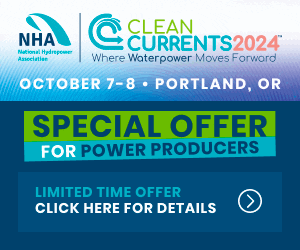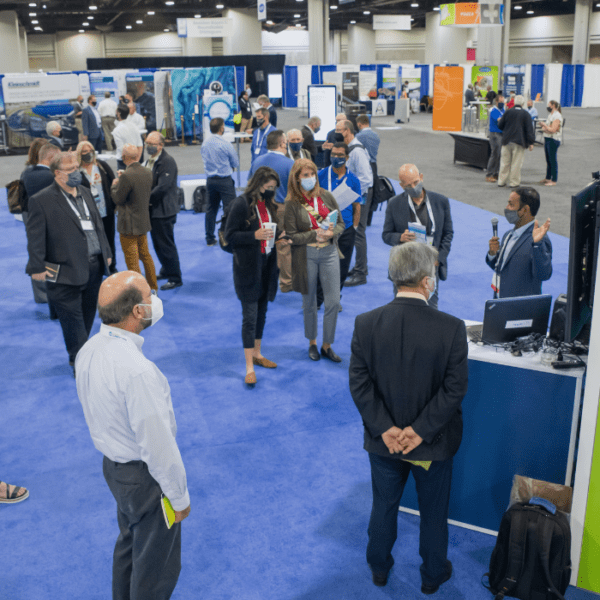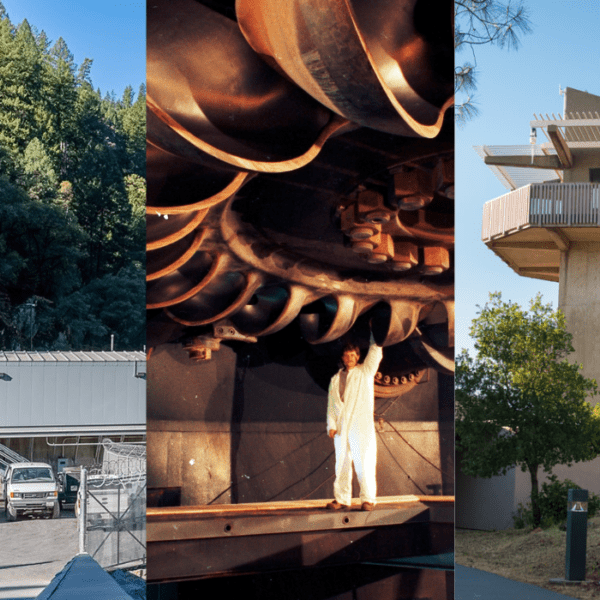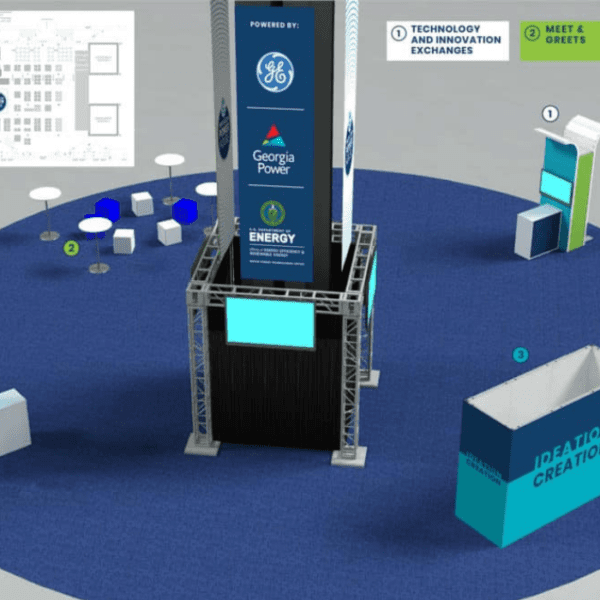Training. Continuing Education. Professional Development.
These are all commonly identified needs of today’s waterpower industry. The employees with all the knowledge are retiring or resigning, and the new hires need to get up to speed quickly.
A major feature of the “for the industry, by the industry” Clean Currents conference + tradeshow, owned and organized by the National Hydropower Association, is education.
This year’s event starts with a focus on learning – attendees can choose from ten deep dive workshops on Tuesday afternoon and Friday morning, October 10th and 13th. The Clean Currents Content Development Committee and NHA staff have identified critical topics to focus on in the workshops and recruited top-notch instructors.
With subject matter ranging from cyber security 101 to collaborating with Indigenous communities, Clean Currents has something for everyone.
Participation in the workshops are open to all attendees – no extra charges to participate.
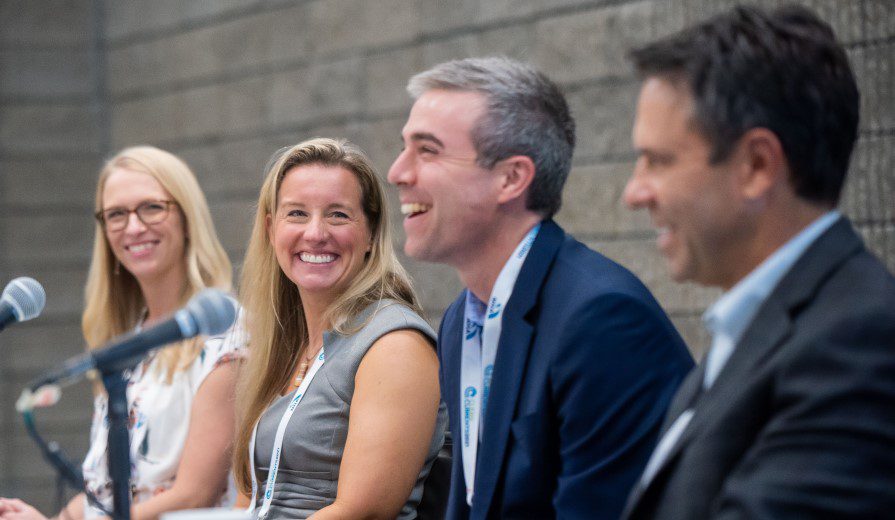
SPOTLIGHT ON THE OFFERINGS: WORKSHOPS AT CLEAN CURRENTS
Basin-Scale Planning and Licensing: What’s In It for Me? – Basin-scale planning and resource management are on the rise topics, reshaping the hydropower landscape. While basin-scale planning dates back to the 1990’s, recent developments have made it a hot topic in hydropower due to its central role in relicensing, resource management, and incentive programs like U.S. Department of Energy’s Grid Deployment Office’s hydro incentives programs (Section 240’s). Attendees will learn more about the potential benefits of basin-scale approaches for licensees, stakeholders, and the environment; uncover insights from the Uncommon Dialogue and their findings; explore successful examples of basin-scale implementation; engage in a vital dialogue to overcome resistance and barriers in planning and licensing.
Cybersecurity Course – TORCH: Training, Outreach, and Recruiting for Cybersecurity in Hydropower–Are you a hydropower professional looking to fortify your facilities against cyber threats? This comprehensive training offers insights for all levels of expertise, from plant operations to business systems. Discover cybersecurity best practices to shield your hydropower facilities from evolving threats. Training materials will be provided that present realistic consequences of cybersecurity breaches. Walk away enlightened about the critical importance of cybersecurity in maintaining a secure, reliable hydropower system.
Dam Safety Forum – Organized by National Hydropower Association’s Hydropower Technical Community, this forum is targeted at attendees with an interest in dam safety and its related hot topics, challenges, and solutions. With four featured presentations, participants will have the opportunity to hear from experts in dam safety about case-studies connected back to important themes guiding the industry, such as: lessons learned from new FERC regulations, the impact of spillway inspections, new trends in the industry, and emerging technologies.
Focus on Hydropower Flexibility: Balancing Grid Demands, Operational Realities, and Regulatory Requirements – In a rapidly changing energy landscape, staying ahead is crucial. Attendees of this deep dive workshop will be guided by expert speakers in exploring the dynamic world of hydropower, offering strategies to navigate shifting transmission grid demands. Discover how to maintain peak plant performance while adhering to ever-evolving regulations.
Flowing Together: Reconciliation through Collaboration – This session offers a comprehensive program designed to foster understanding and unity. Attendees can expect to learn more about indigenous histories, cultures, and treaties. Discover how to become an effective ally by recognizing historical and contemporary issues, understanding treaty rights and obligations, and nurturing authentic relationships built on trust and mutual respect. Engage in interactive sessions, absorb personal stories, and gain insights from experts. Leave with actionable knowledge to actively support Indigenous rights and partnerships in both your professional and personal life.
Planning for Change: Where to Get Hydro-Climate Projection Datasets and How to Use Them – This workshop was created for practitioners and researchers looking to share their experiences and concerns regarding the need for further technical assistance to support long-term planning in a changing environment. With a focus on understanding the current state of climate change science, leveraging publicly available resources to support future planning, and identifying gaps in current climate data that could be prioritized by the research community, attendees will be able to learn from case studies and hand on demonstrations to further strengthen their knowledge base and community connections.
Pumped Storage Forum – This forum is targeted at representatives of any organizations pursuing the development of pumped storage projects. By providing the opportunity for participants to have an open discussion and learn from one another, attendees will be able to discuss challenges, such as: revenue recovery, supply chains, and FERC licensing.
The Art of Public Speaking and Facilitation – Ready to conquer your stage fright and become a masterful communicator? Discover powerful techniques to manage anxiety and boost your confidence. Learn the art of distilling complex technical information into compelling, key themes. Whether you’re leading a team meeting, presenting at a conference, or facilitating vital stakeholder conversations, these skills are your secret weapon. This workshop is your ticket to empowerment, offering valuable insights, practical techniques, and real-world strategies. Whether you’re a seasoned facilitator or a newcomer to the stage, you’ll emerge as a confident, persuasive speaker.
Unlocking the Behavior of Generator Stator Foundations – Understanding generator stator foundation design, forensics, and restoration is important to both ensure operations and troubleshoot for when something goes wrong. Attendees of this workshop will have the opportunity to learn about the function and design of generator stator foundations while exploring case studies in repair, retrofit, and installation of major generating equipment. Expert speakers will provide information about the function of each foundation component and it’s performance over time, as well as other topics.
Writing RFPs for Equipment Refurbishments and Upgrades – In this workshop, attendees will gain the skills to create Requests for Proposals (RFPs) that attract competitive bids from top-tier OEMs and service/product suppliers. Learn how to seamlessly integrate technical and commercial terms and conditions that enable effective responses from potential project bidders. Additionally, expert speakers will share invaluable insights from the supplier and service provider perspective, revealing the keys to crafting an outstanding RFP.
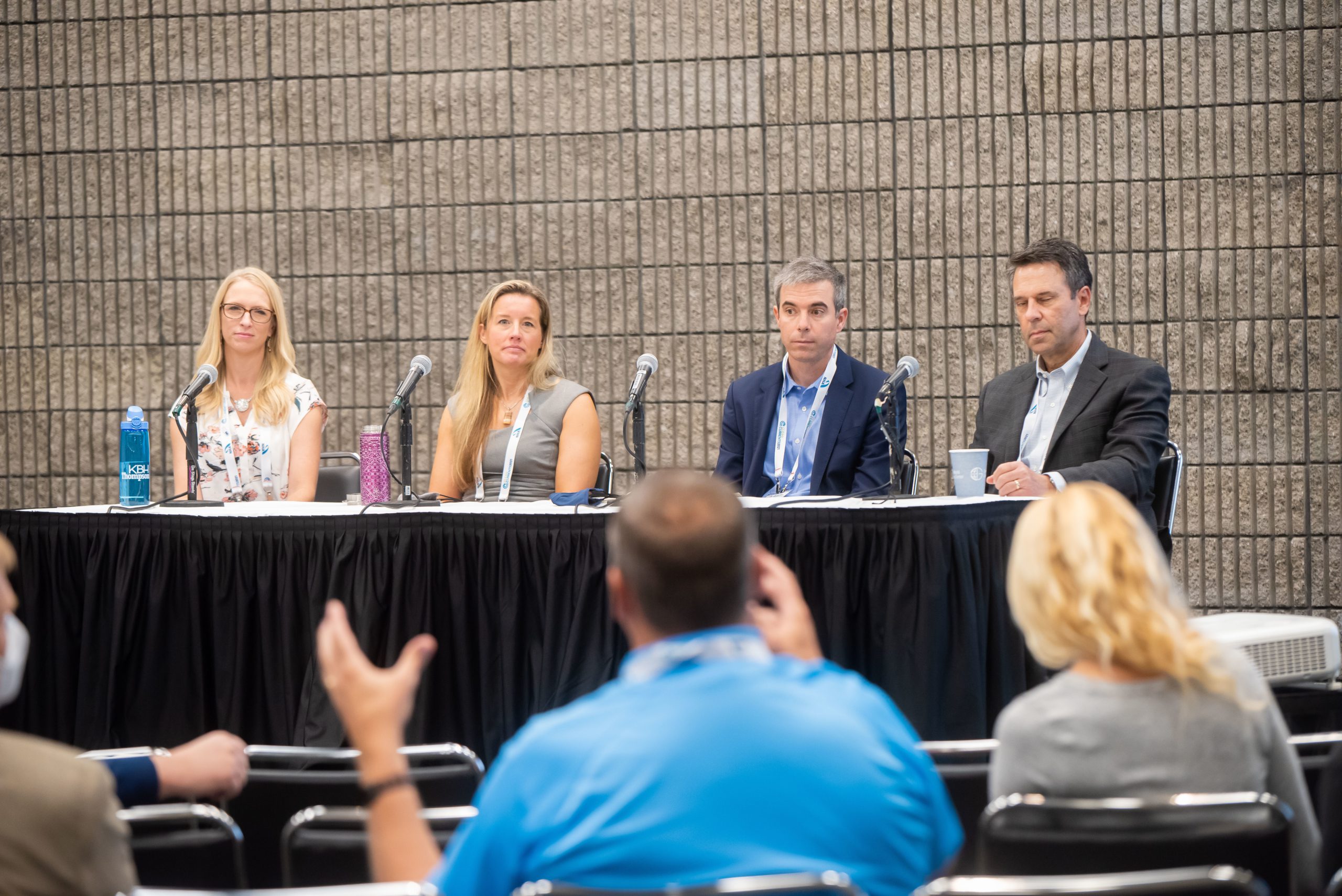
FOR MORE INFORMATION
To learn more about the workshops taking place at Clean Currents, click here.
If you haven’t registered for Clean Currents, you can register here.

